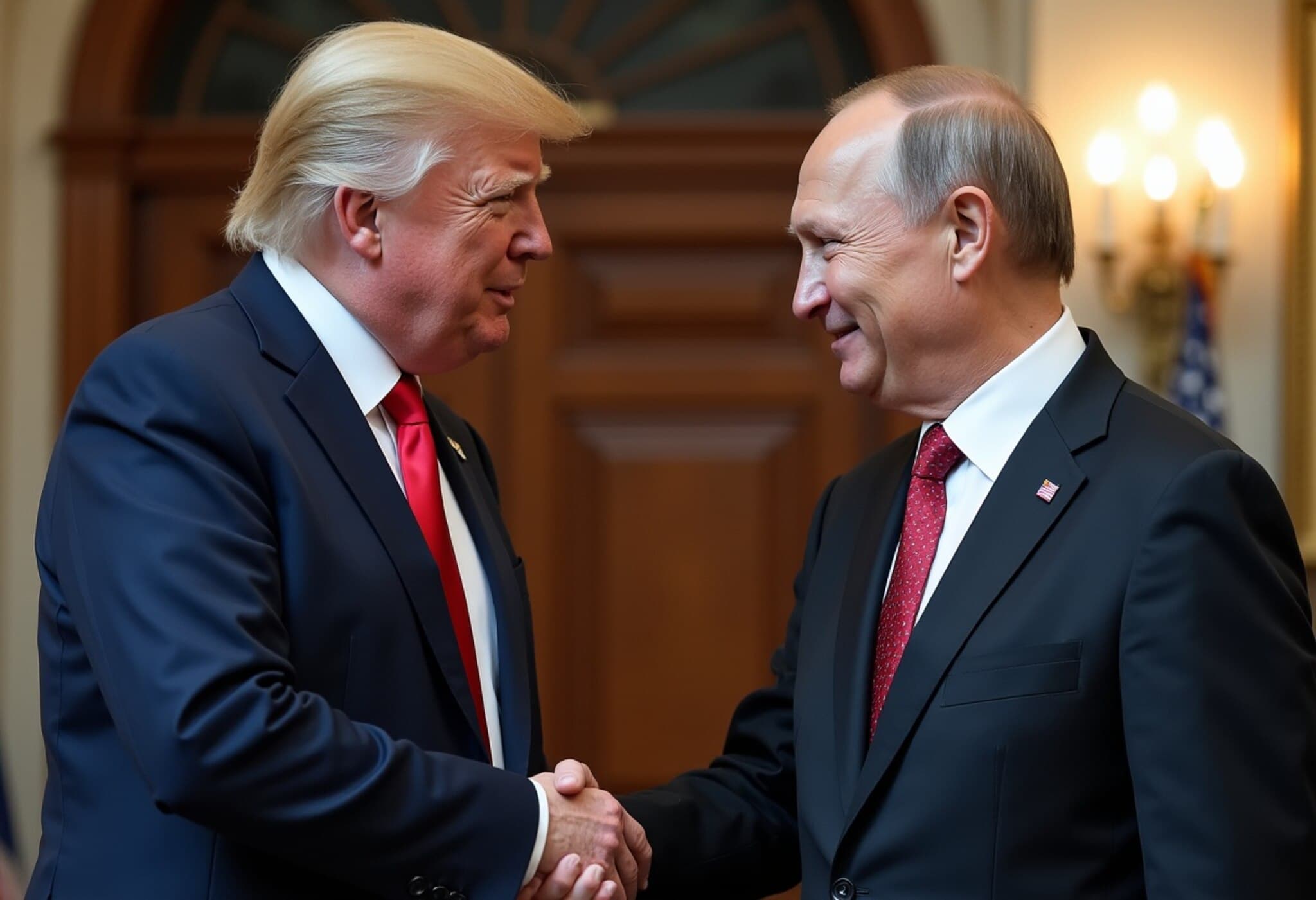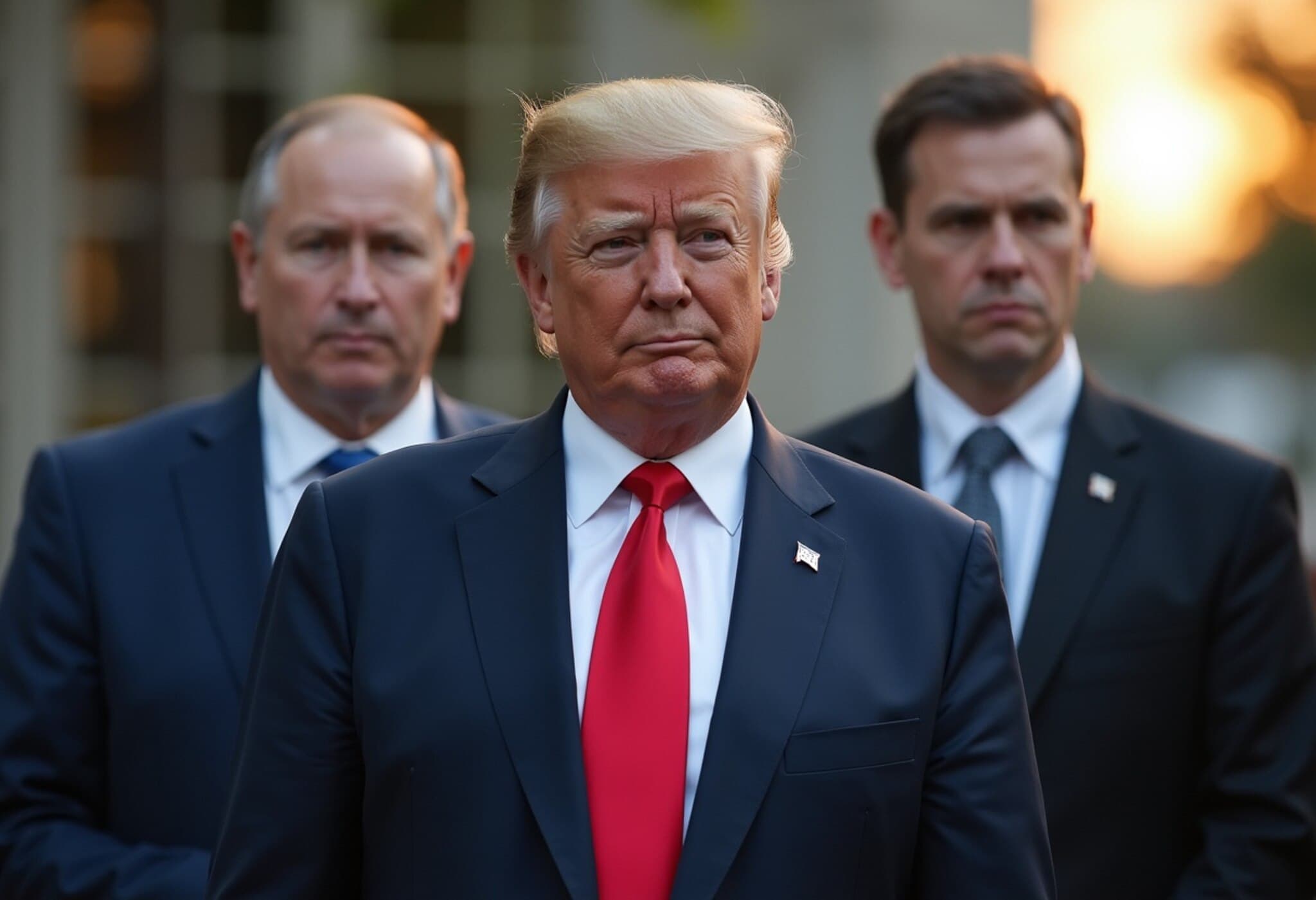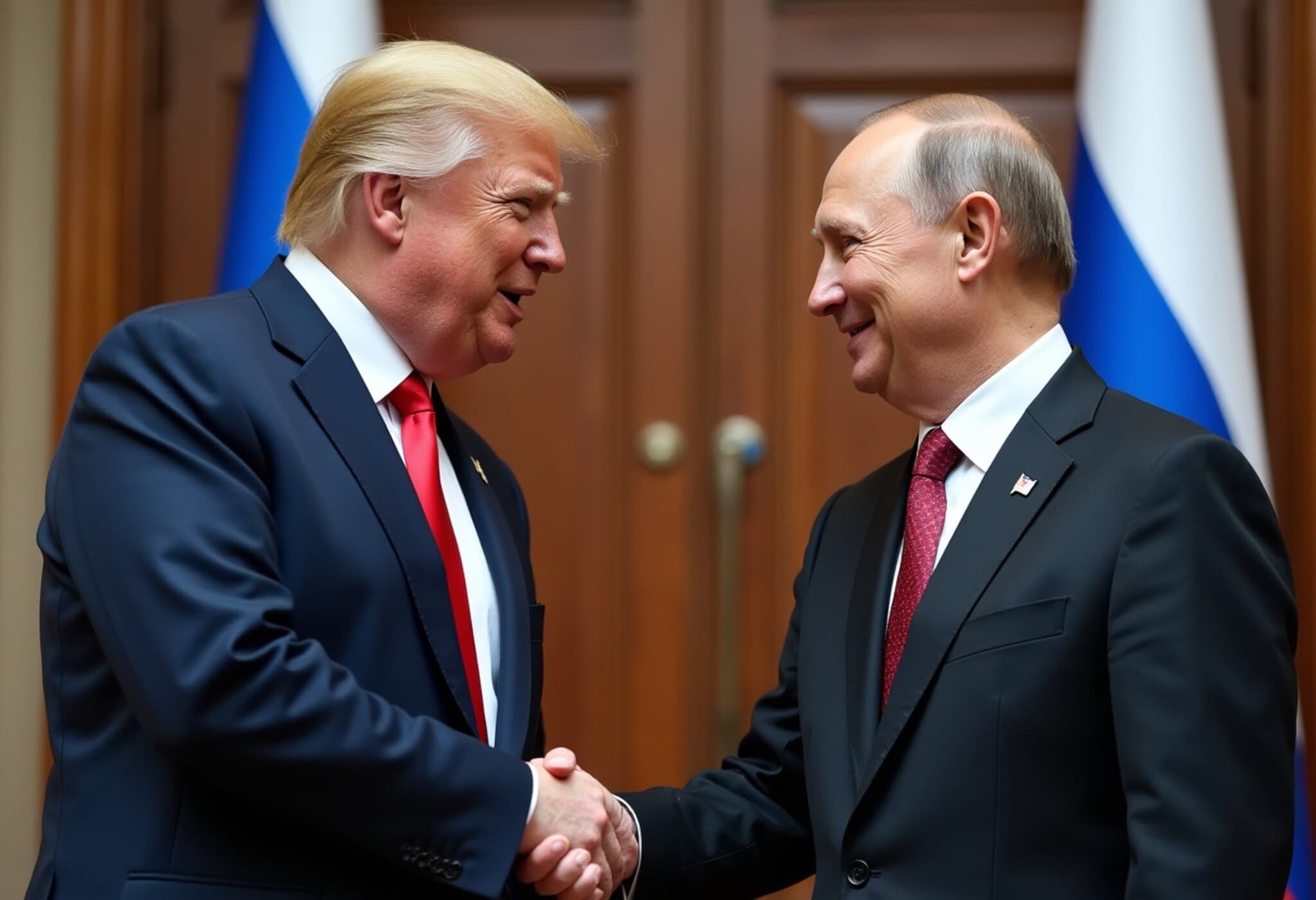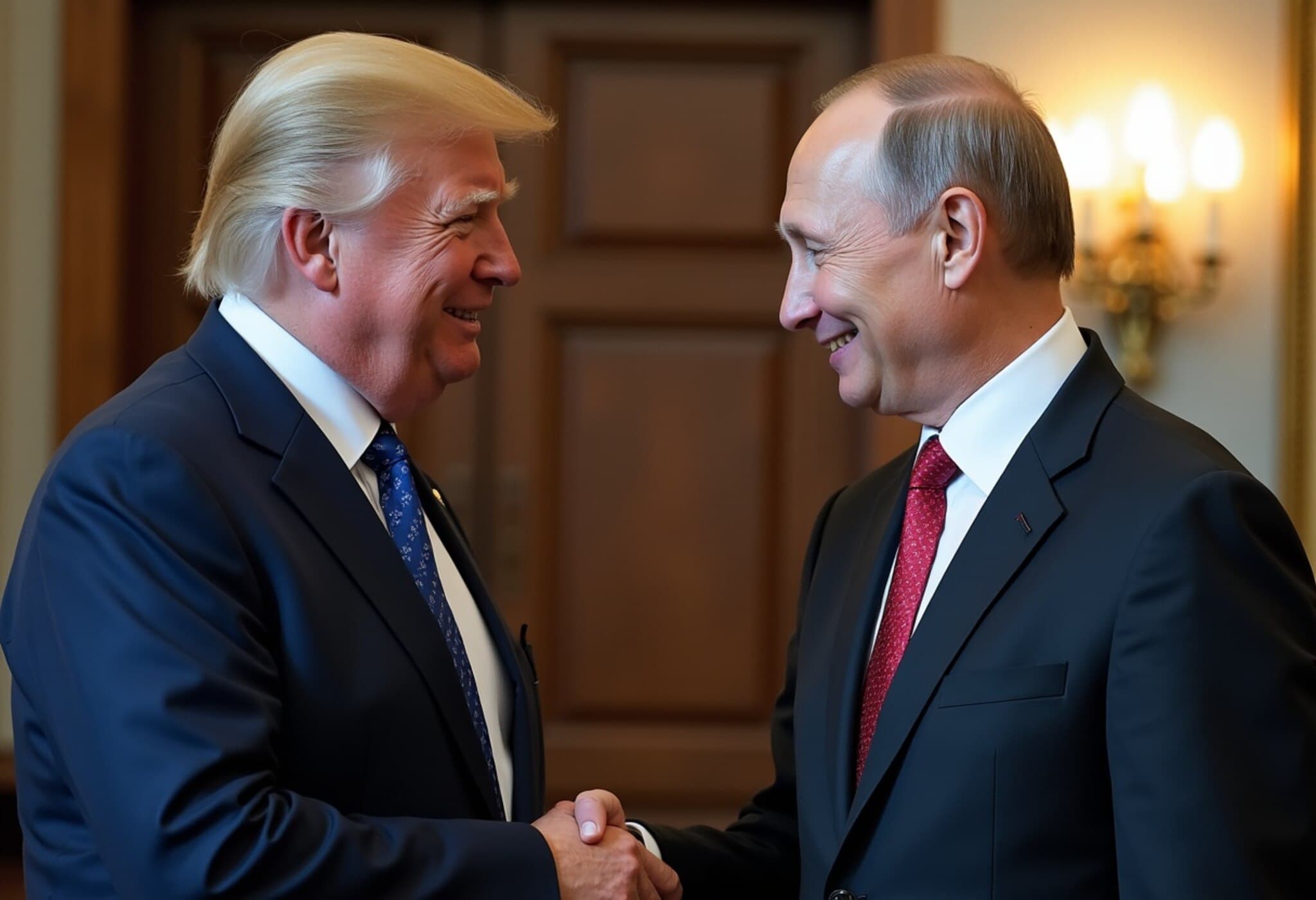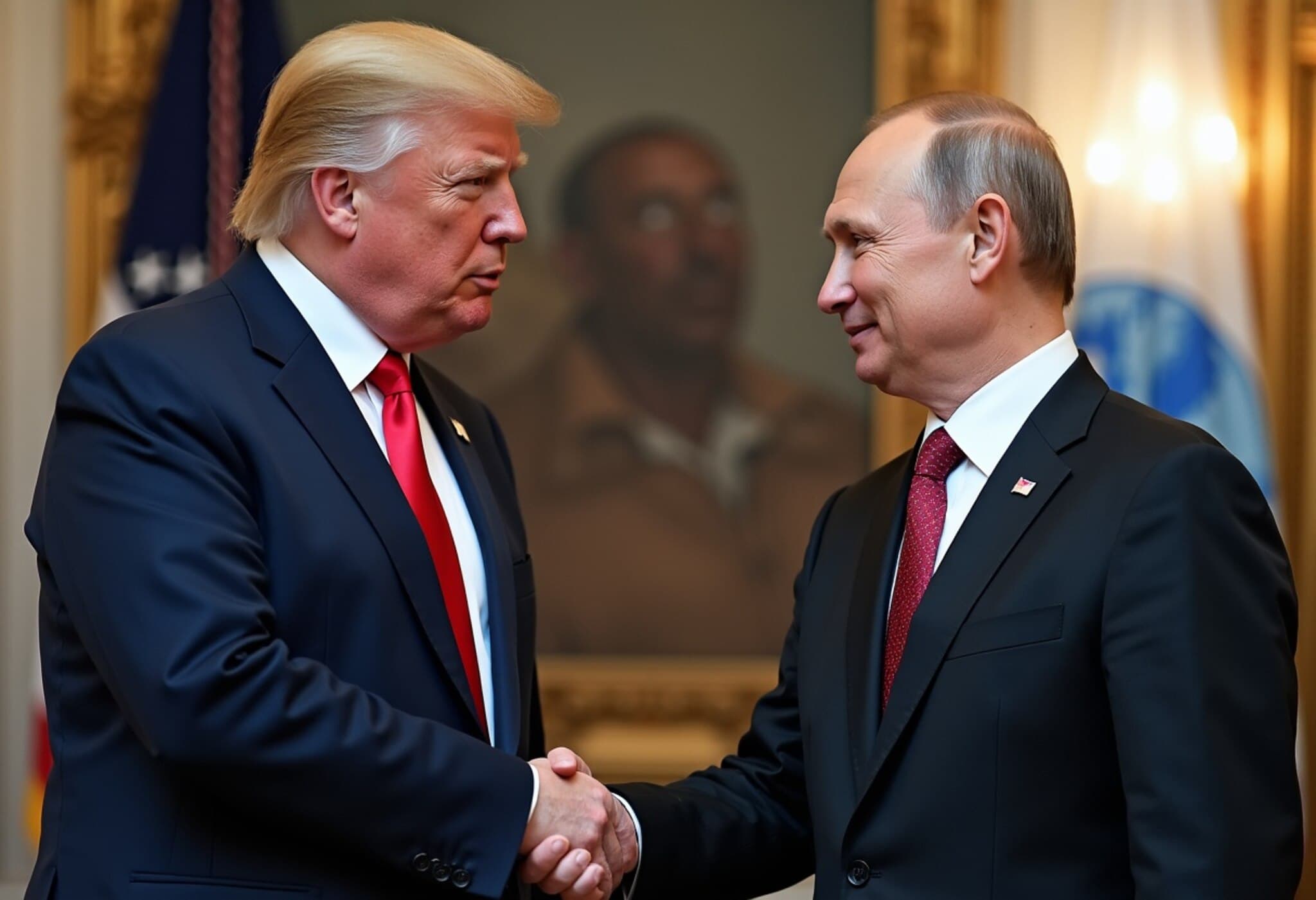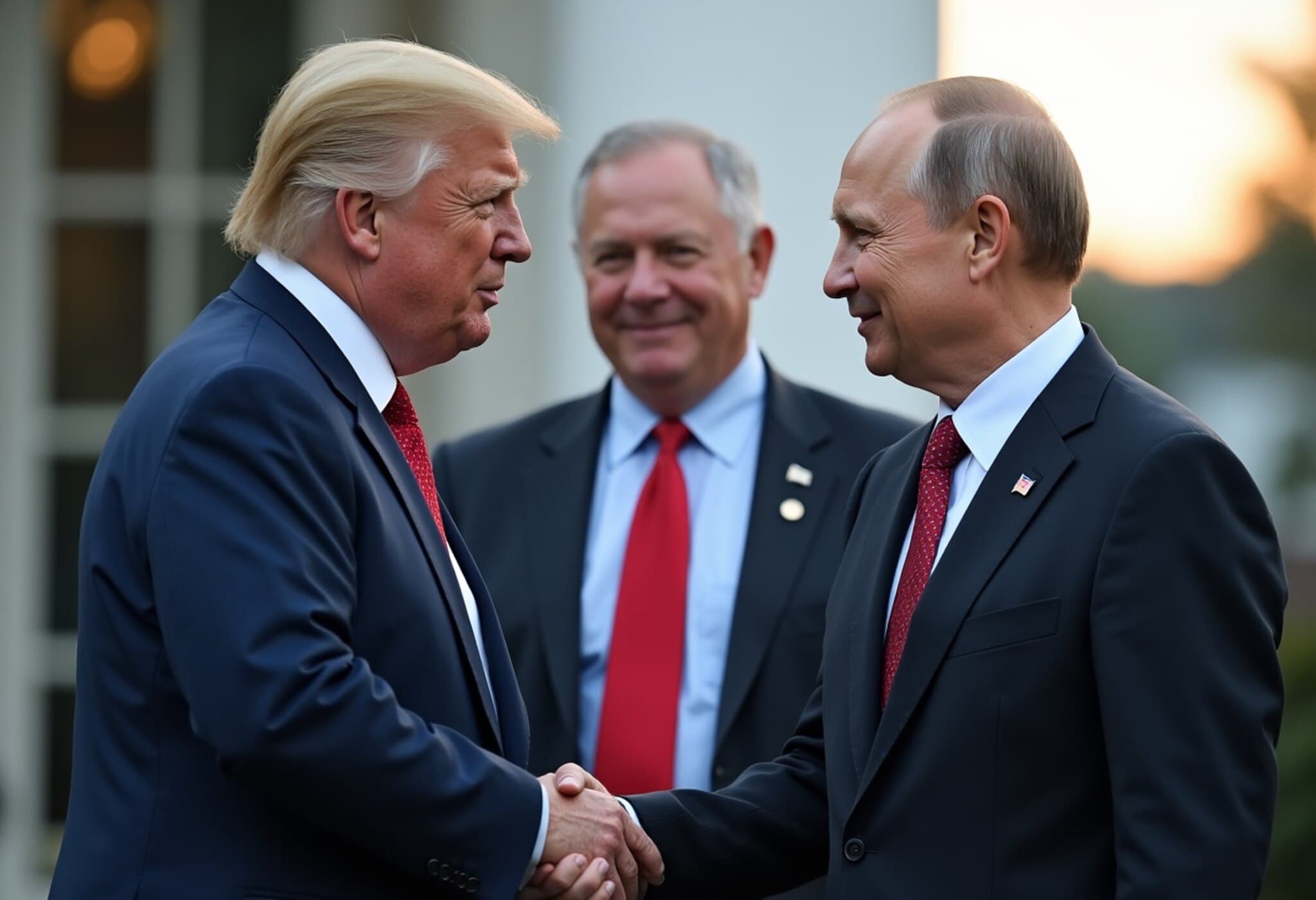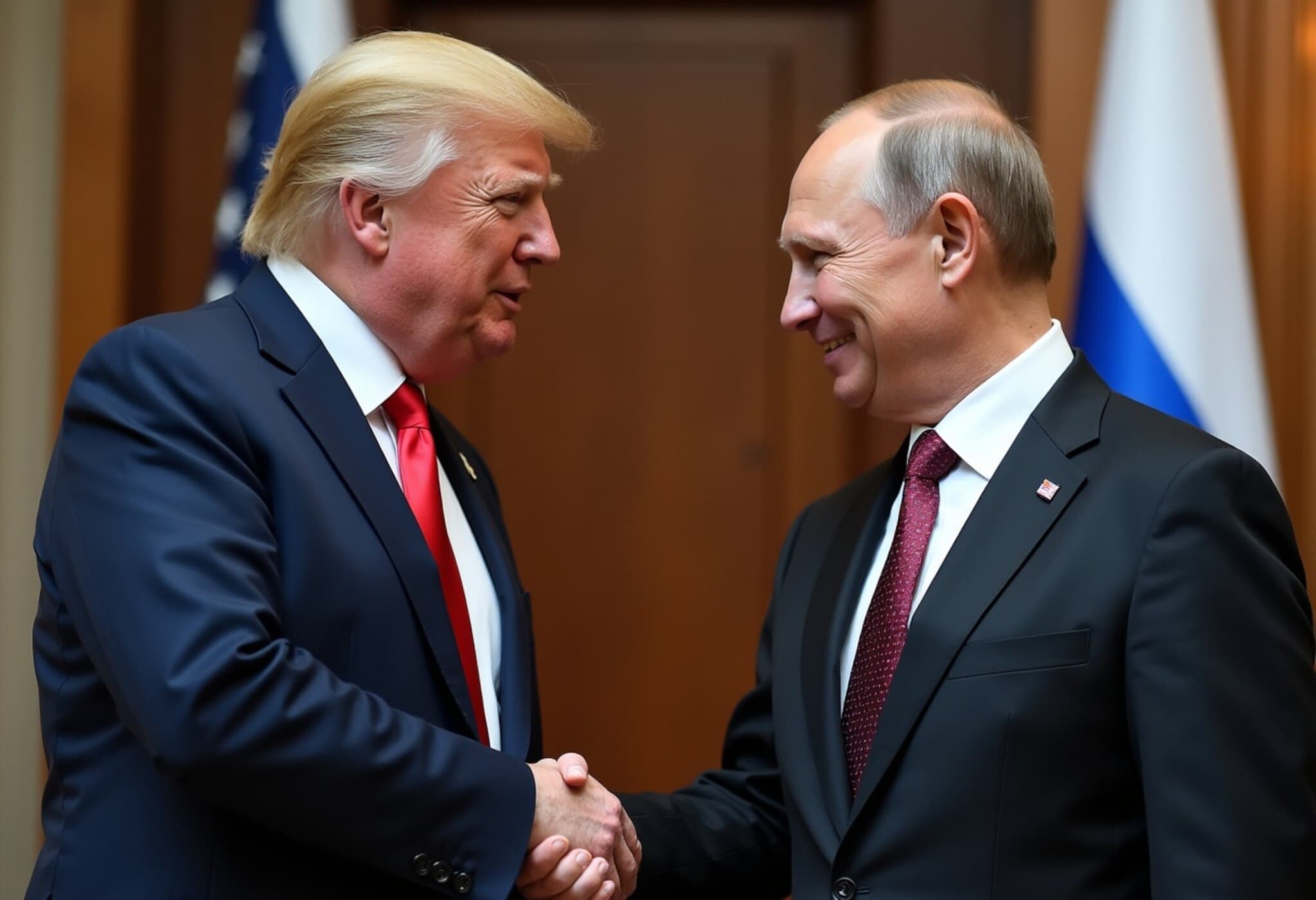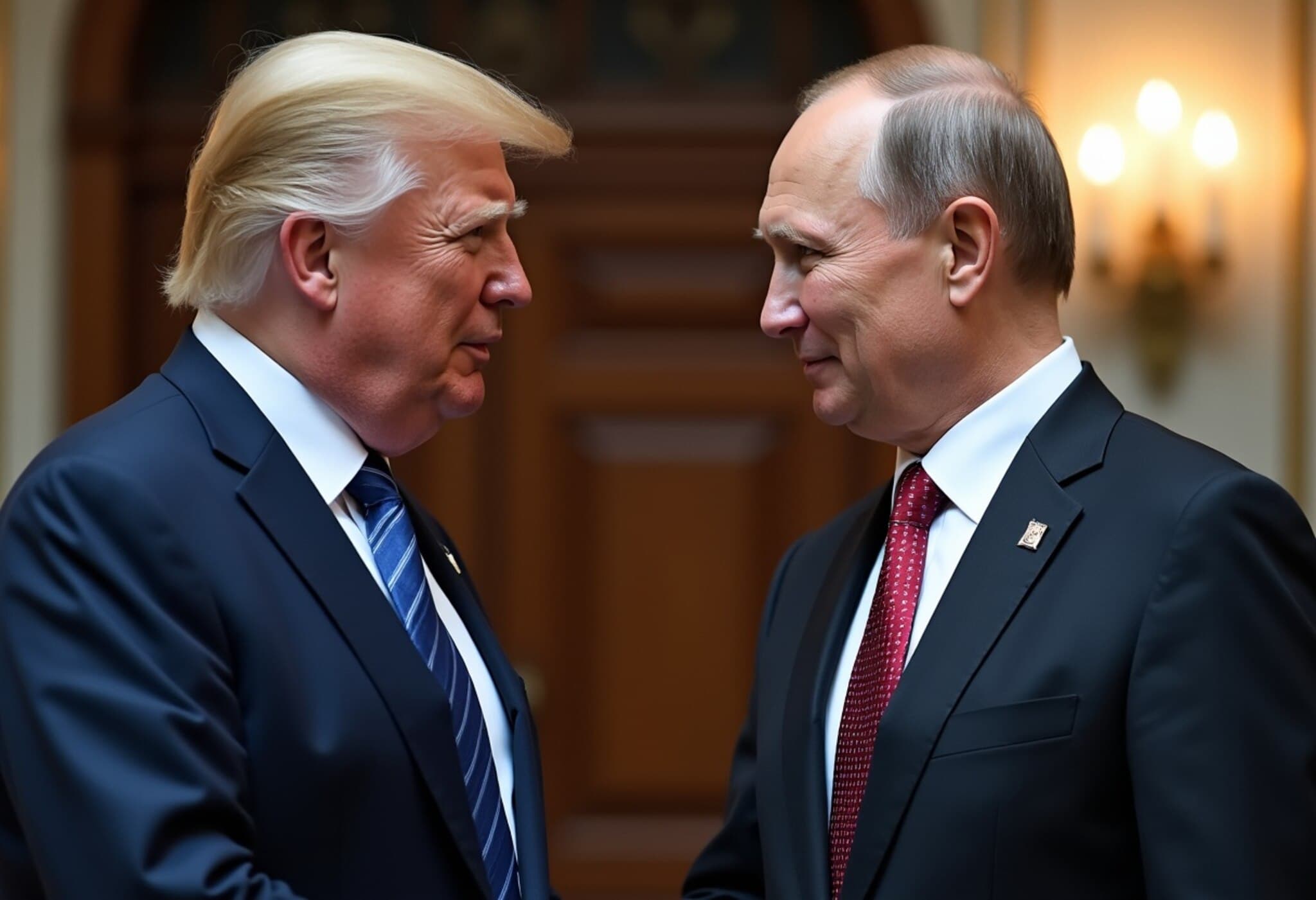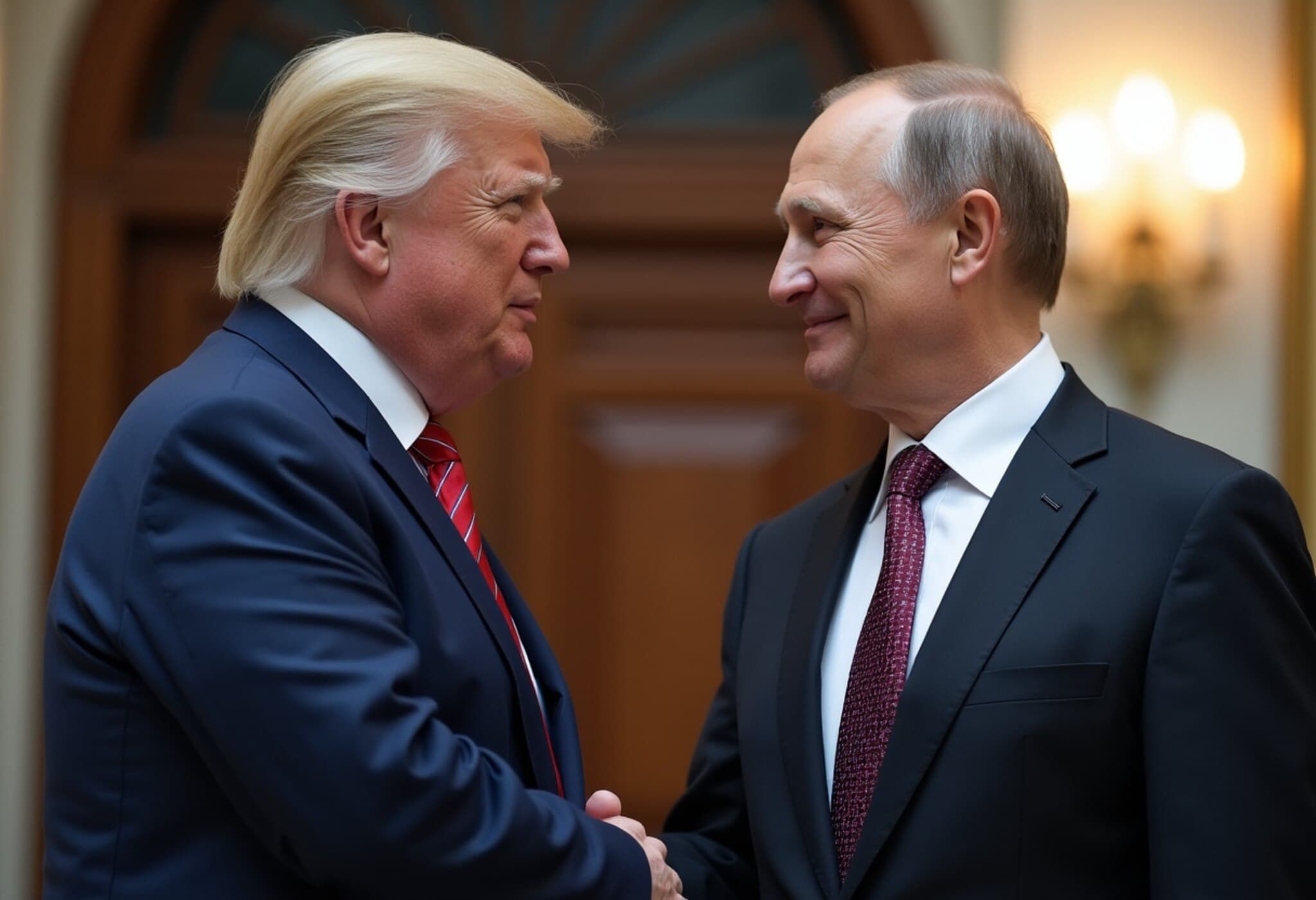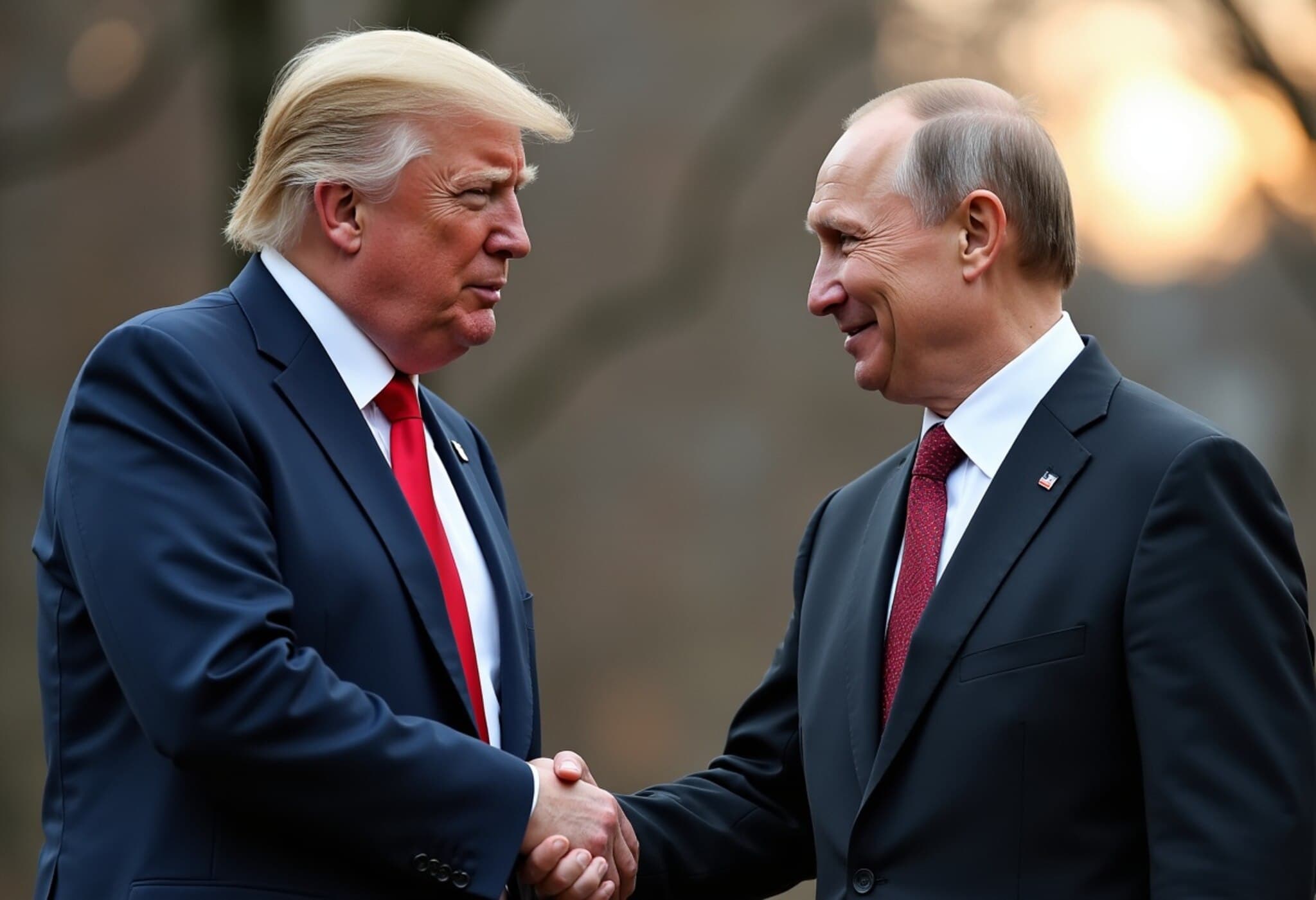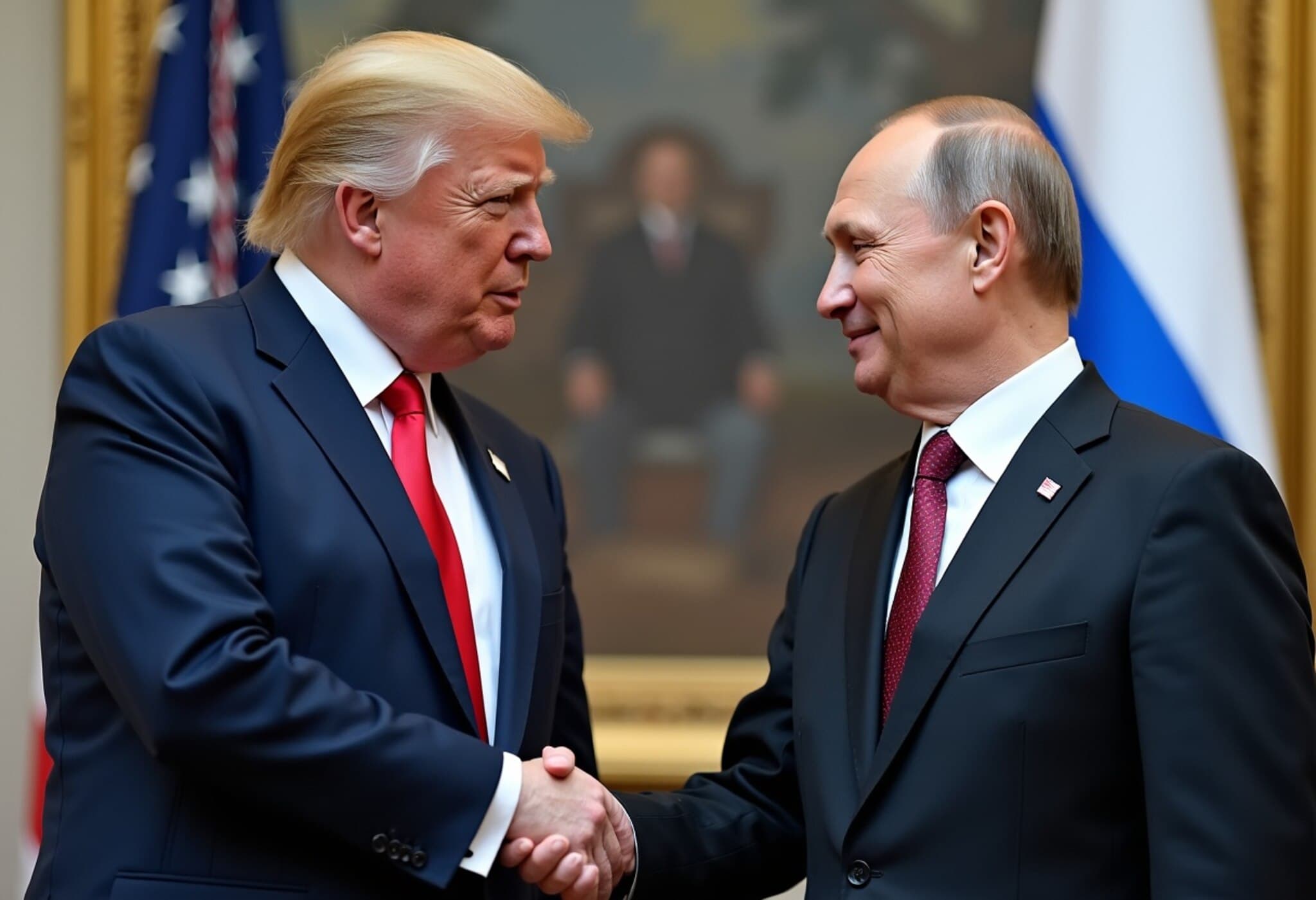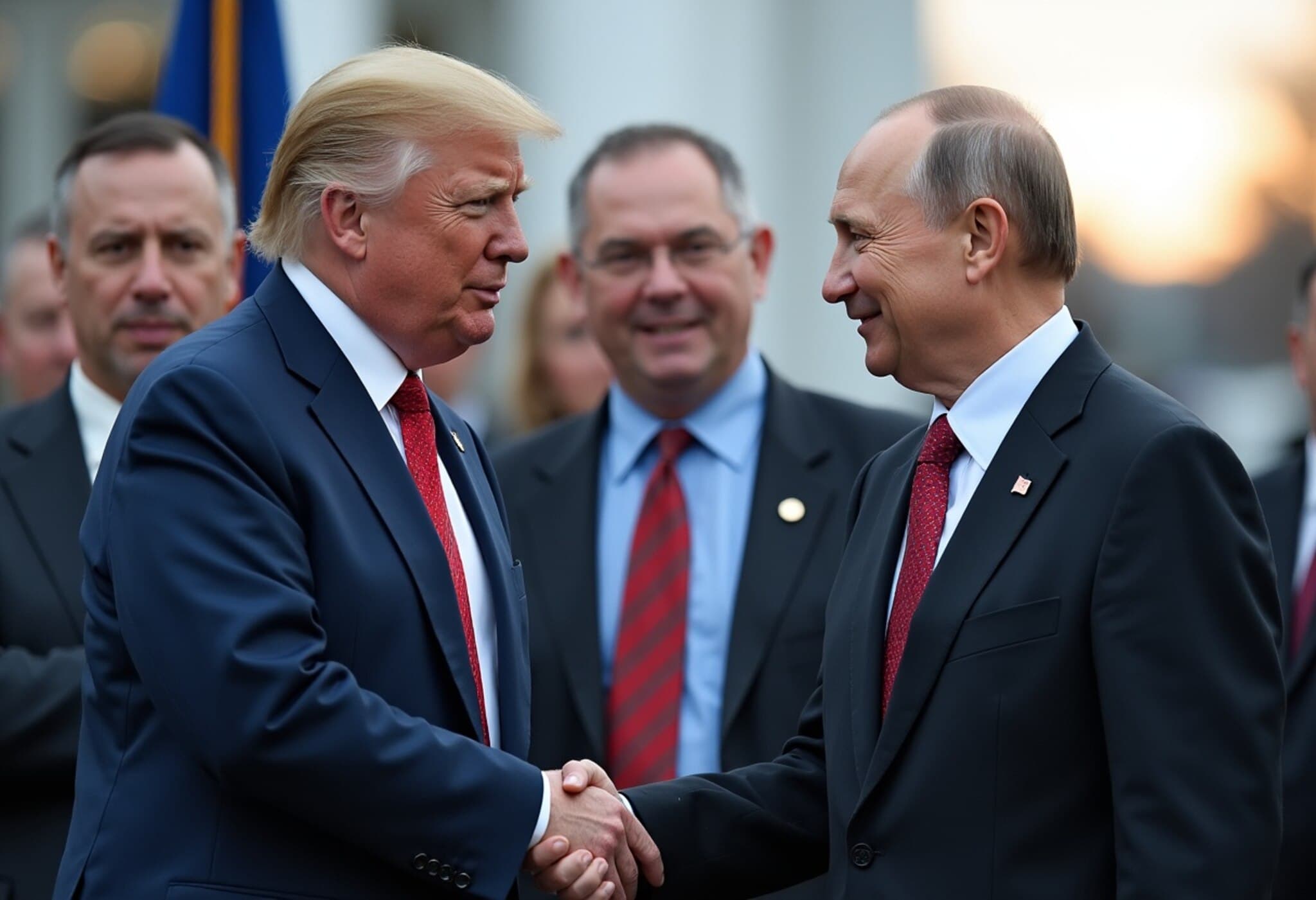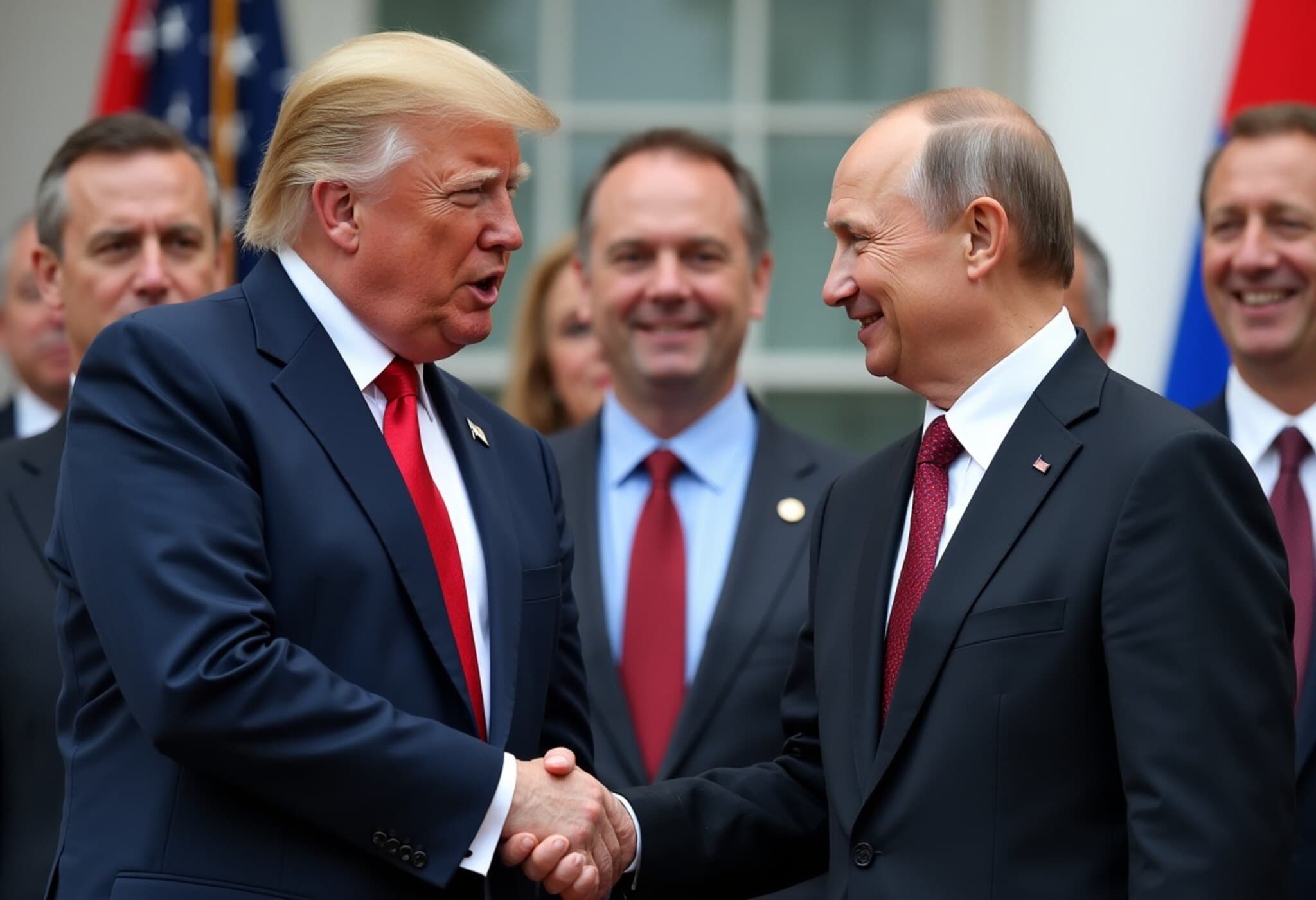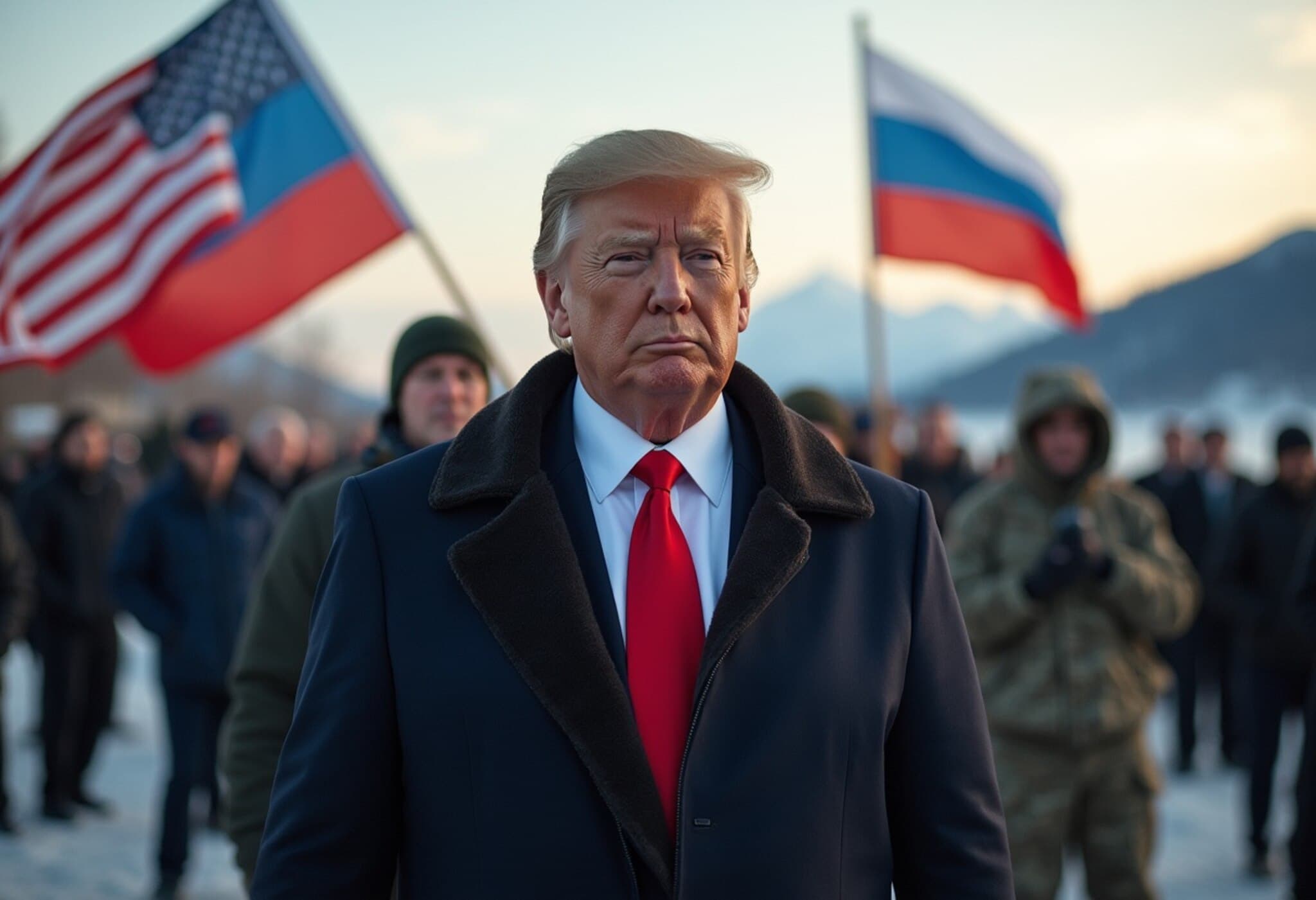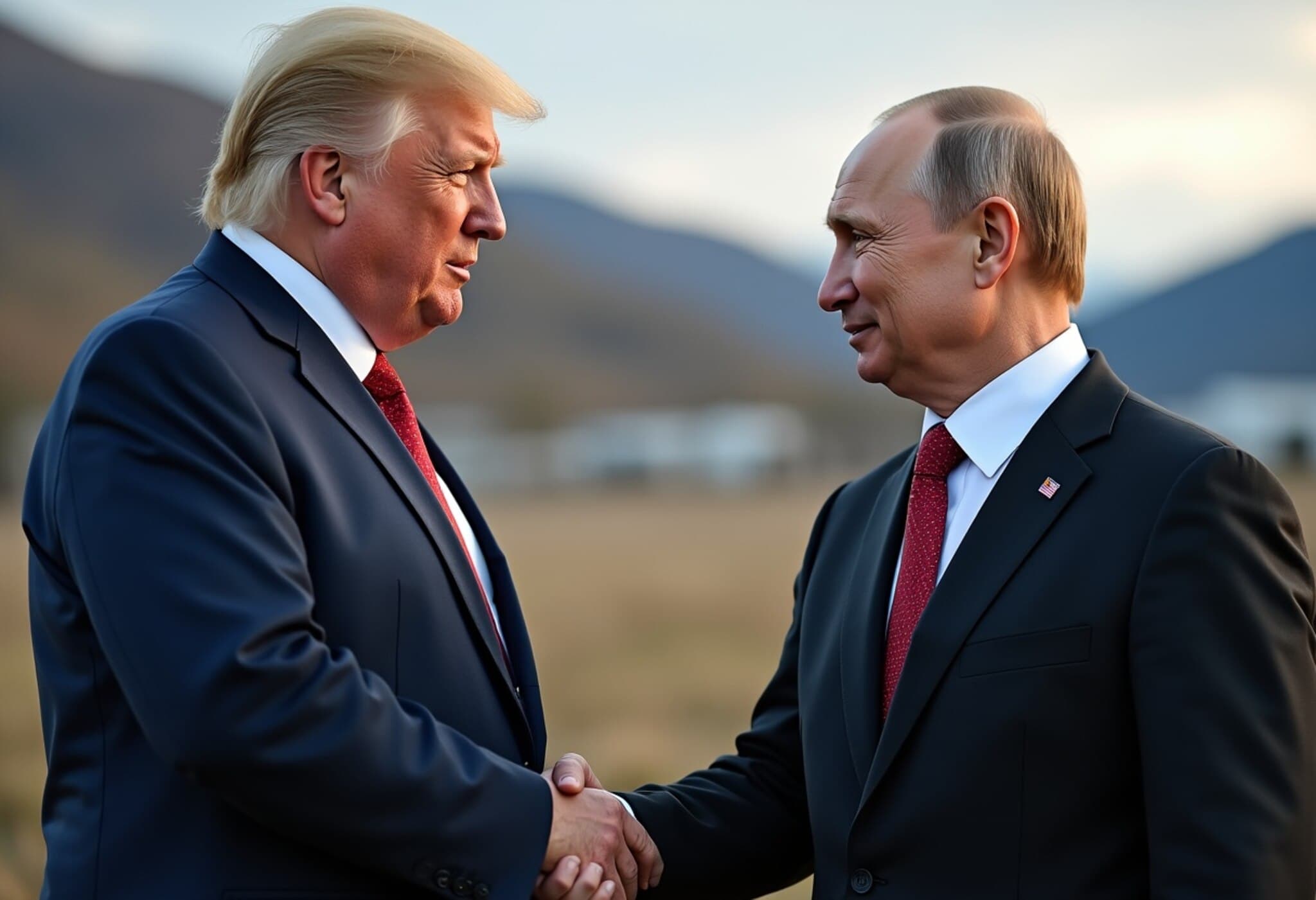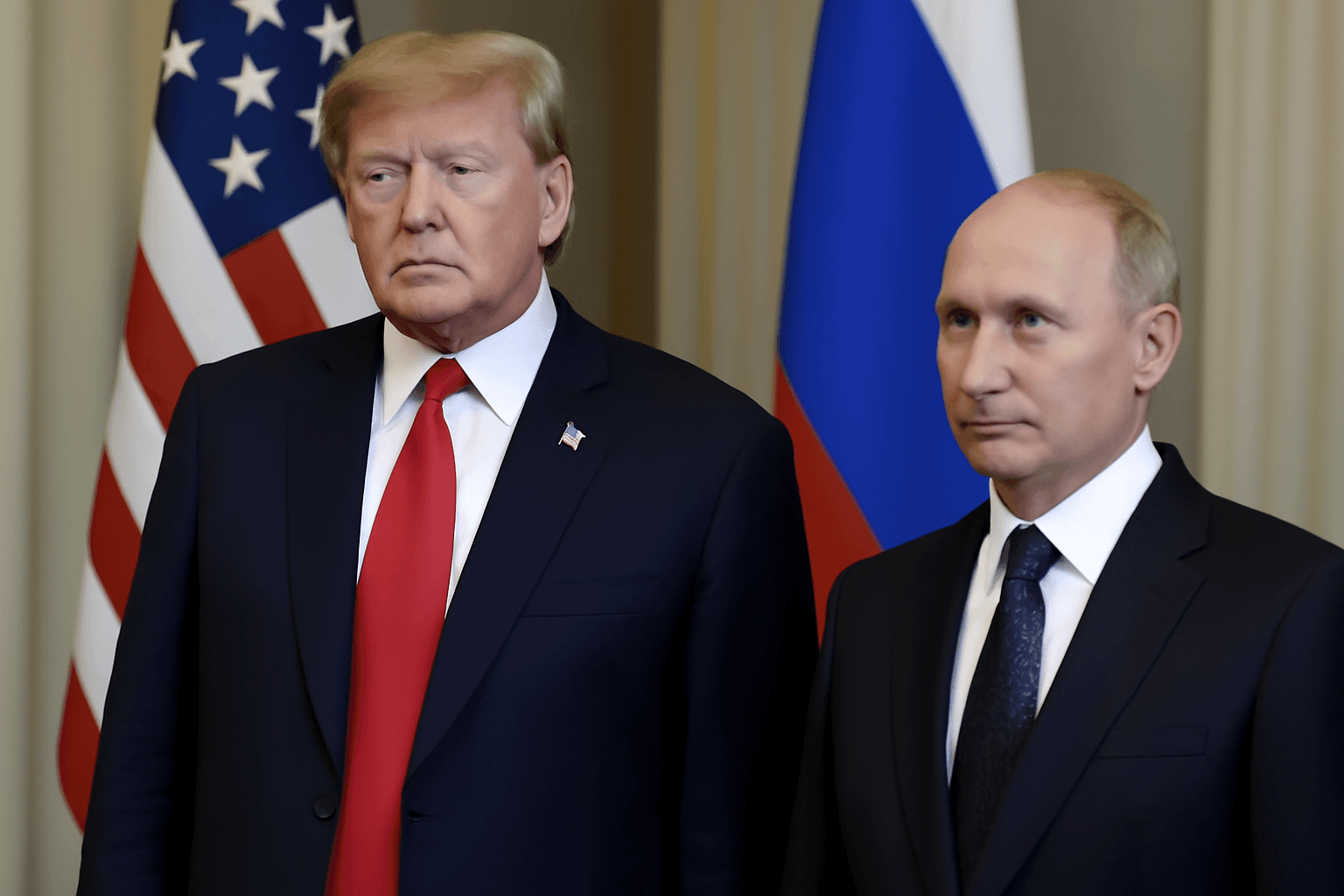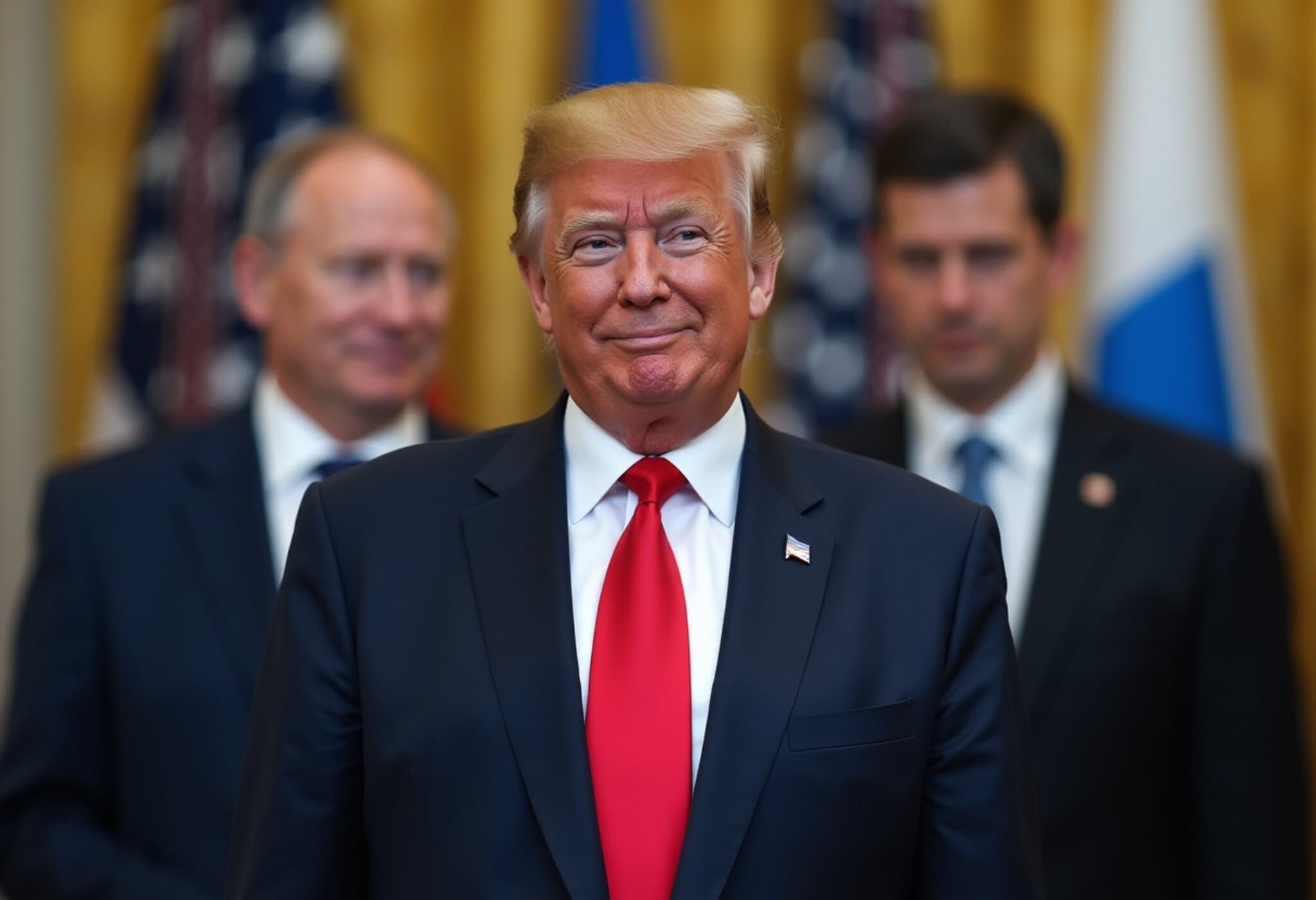Trump Accuses Media of Bias as Alaska Summit with Putin Approaches
In the lead-up to his pivotal meeting with Russian President Vladimir Putin in Alaska, former US President Donald Trump took to his social media platform, Truth Social, to launch a sharp critique against the media and former National Security Advisor John Bolton.
Trump described the media coverage as “very unfair,” accusing journalists of distorting the nature and purpose of the summit scheduled for Friday. He specifically targeted Bolton, calling him a “fired loser” and “really dumb,” in response to the former advisor’s warnings that President Trump’s tariff strategies could backfire.
Bolton Warns of Economic and Diplomatic Risks
John Bolton, a prominent hawk during his time in the Trump administration, has been vocal about the risks he associates with Trump’s handling of international relations, notably his tariffs on countries such as India over Russian oil imports. Bolton cautioned that such policies might drive India closer to strategic partners Moscow and Beijing, potentially undermining US influence in Asia.
Moreover, Bolton characterized the Alaska summit as a “great victory for Putin,” a perspective Trump highlighted and vehemently rejected on Truth Social.
Summit Context: Ukraine, Ceasefire Talks, and Diplomatic Tensions
The Alaska meeting comes amid intense global focus on the ongoing Russia-Ukraine conflict. President Trump has framed the summit as an opportunity to “feel out” Putin and hinted at the possibility of a ceasefire involving contentious proposals like territorial swaps.
However, Ukrainian President Volodymyr Zelenskyy has made it clear that Ukraine will not entertain any land concessions, reaffirming his nation’s sovereignty and the constitutional prerogative over its territory. Speaking from Berlin, Zelenskyy emphasized this red line, rejecting the idea of negotiating territory as part of peace talks.
Diplomatic Delicacy and Media Scrutiny
In advance of the summit, Trump is slated to hold calls with European leaders and Zelenskyy, underscoring the high diplomatic stakes. Analysts warn that any rushed agreement could undermine Ukraine’s position and embolden Russian advances.
Zelenskyy has also criticized recent proposals as reflecting more of Putin’s ambitions than any impartial US mediation. He specifically highlighted concerns that Ukraine might be pressured to withdraw from contested regions like Donbas — a scenario he firmly opposes.
Media Narratives and Political Stakes
Trump’s ongoing disparagement of mainstream media and political opponents serves to frame the summit in a narrative of American strength and success, despite widespread skepticism. His remarks about the media’s focus on “corruption” and the “fake news” label illustrate the continuing polarization in how this summit is perceived domestically and internationally.
For many observers, the Alaska summit will be a litmus test of how US leadership navigates the delicate balance between engaging Russia diplomatically and supporting Ukraine’s sovereignty, all against a backdrop of intense media scrutiny and global geopolitical tension.
Looking Ahead: What to Watch
- Tariff impact: How will US economic measures affect India’s positioning between major global powers?
- Ceasefire talks: Will any substantive progress be made towards ending the Russia-Ukraine conflict?
- Media influence: How will narratives shape public perception of the summit’s outcomes?
- US-Europe coordination: Can Trump align with European allies to present a united front?
Editor’s Note
The approaching Trump-Putin summit in Alaska represents more than a high-profile geopolitical event—it encapsulates the complexities of modern diplomacy, where media representation, domestic politics, and international strategy intersect. Observers should pay attention not only to summit outcomes but also to how narratives are constructed and contested. As the US balances between confrontation and conciliation with Russia, the stakes extend beyond borders, influencing global stability and alliances in profound ways.

